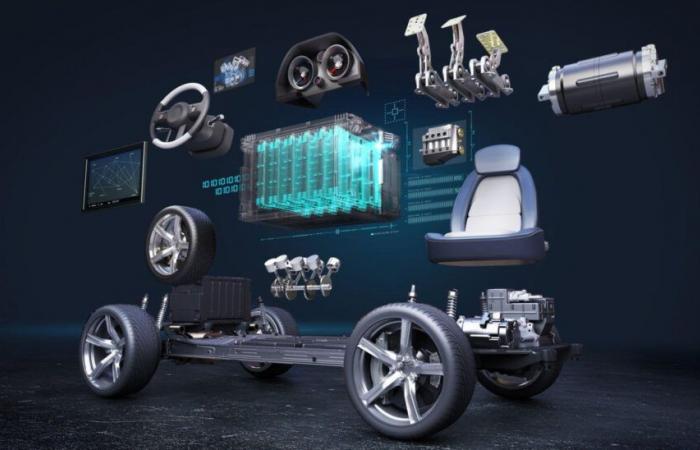Electric car news
Research laboratories around the world are tackling the technological challenges that still hinder the mass adoption of electric cars. These scientific advances promise to radically transform our relationship with mobility, with innovations that exceed the most ambitious expectations in terms of performance and ecology.
A revolution in battery life
Stanford researchers have just unveiled a revolutionary method for increasing the longevity of accumulators. This technique, based on a initial high intensity charging protocolallows you to increase the lifespan of batteries by 50%. A discovery that revolutionizes current low-voltage charging practices.
- Significant reduction in maintenance costs
- Reduction of the environmental footprint
- Increase in residual value of vehicles
Battery recycling takes a technological leap
Chinese scientists have developed an innovative process using only citric acid to recycle batteries. This method allows you to recover 99% of critical materials without using harmful chemicals. Europe could thus reduce its dependence on imported raw materials and create a true circular economy in the automotive sector.
| Material | Recovery rate | Application |
|---|---|---|
| Lithium | 99.5% | New batteries |
| Nickel | 99.2% | High performance cells |
| Cobalt | 99.4% | New generation electrodes |
The breakthrough of solid-state batteries
Oak Ridge National Laboratory has developed a revolutionary solid electrolyte which could transform the industry. This innovation promises an energy density of 500 Wh/kgalmost double the best current batteries. The technology also offers increased security and faster charging.
Ultra-light batteries thanks to silicon
The SILO Silicon project pushes the limits with technology that reduces the weight of batteries 73%. A battery of 160 kWh would only weigh 300 kg, compared to more than half a ton currently. This innovation could double the range of electric vehicles while reducing their energy consumption.
Scientifically proven environmental impact
Studies conducted at Berkeley over 12 years demonstrate a direct correlation between the adoption of electric vehicles and reducing CO₂ emissions. Data collected by sensors in the San Francisco Bay reveals a steady decline in air pollution since 2018, coinciding with the electrification of California’s vehicle fleet.
The major challenge now lies in the industrialization of these laboratory technologies. Manufacturers will have to invest massively to transform these discoveries into marketable products. Collaboration between research centers and manufacturers is intensifying to accelerate this transition, with strategic partnerships increasing on a global scale.
Written by Albert Lecoq
Specialist in electric car buying guides, I am passionate about new technologies and am a strong supporter of the adoption of electric technology and sustainable mobility.
React to the article
Canada
Business







